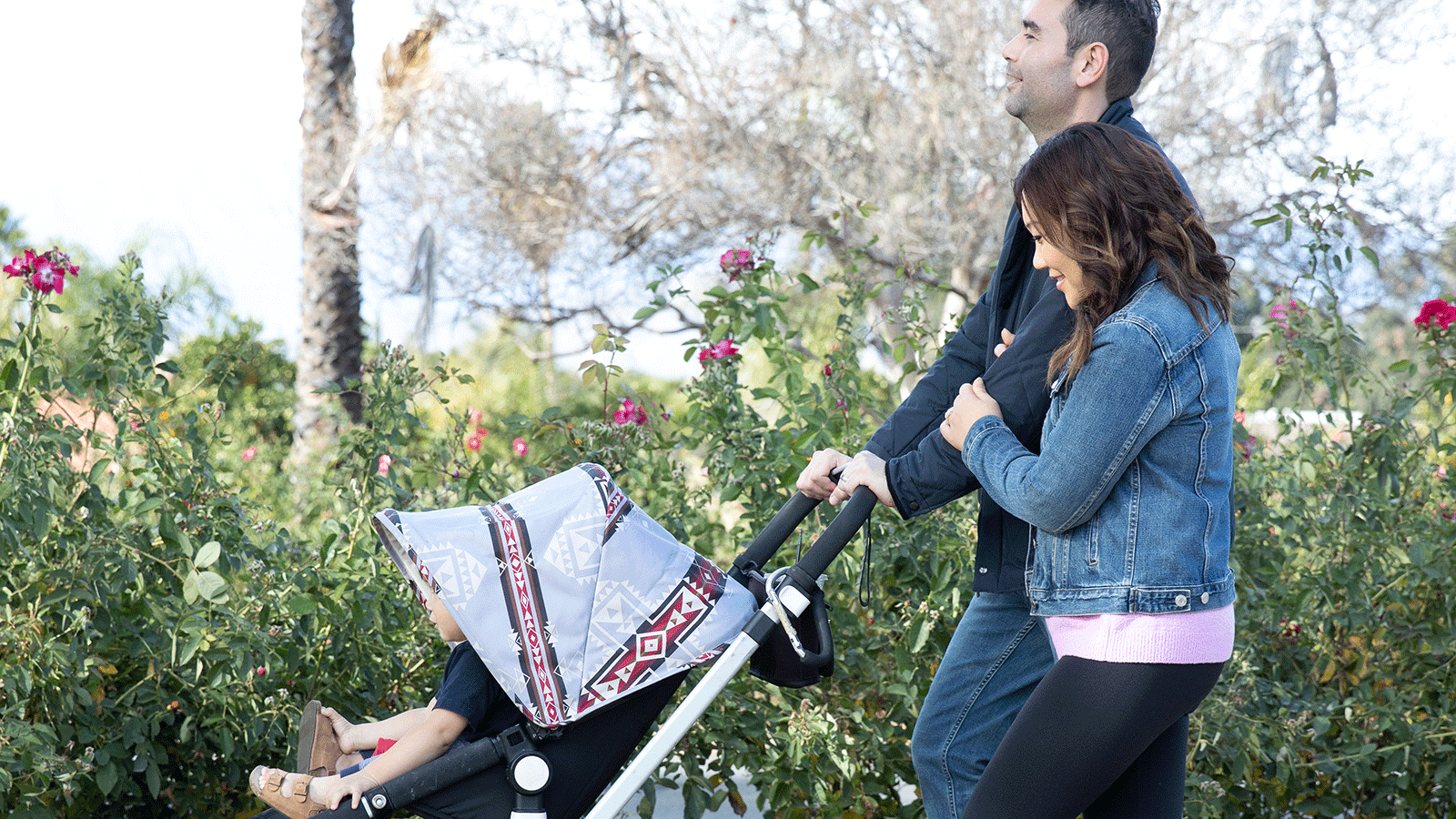Why pre-pregnancy weight loss could benefit you—and your baby


Losing weight can deliver health benefits at all kinds of life stages, but it may be particularly important when you’re thinking about trying to get pregnant.
The fact is, one in two women in Australia start their pregnancy journey above a healthy weight, and that can bump up the risk of experiencing problems further into the pregnancy. And some of those problems can be serious.
“While you can have a higher BMI (body mass index) and be very healthy, carrying extra weight at the start of a pregnancy can be associated with complications in pregnancy, such as high blood pressure, diabetes, miscarriage, preterm birth and caesarean delivery,” says the University of Sydney’s Professor Adrienne Gordon, who’s leading a new study called PreBabe. A world-first clinical trial, the study is designed to explore how losing weight prior to pregnancy can improve the long-term health of both mothers and babies.
The benefits of weight loss before starting a family
On top of reducing the risk of pregnancy complications, losing weight may also make it easier to conceive in the first place. While a recent study found no link between weight loss and improving pregnancy chances, other research has shown that for women who are carrying extra weight, losing some can increase their odds of getting pregnant.
“Losing weight before trying to get pregnant may help you to conceive,” says Professor Gordon, “and is also safer than trying to lose weight during pregnancy, which is not recommended.”
What’s the potential link between weight loss and improved conception odds? For one thing, losing weight can help menstrual cycles return to normal, including encouraging regular ovulation, thanks to the impact it can have on levels of key reproductive hormones. It’s also true that carrying too much weight may lower your chances of getting pregnant via fertility treatment, including in vitro fertilisation (IVF).
Another benefit of shedding some kilos pre-pregnancy? It might be better for baby, too. “It’s possible that babies and children may also be healthier,” says Professor Gordon, “as research has shown that mothers having a BMI over 25 doubles the risk of having a big baby, which increases the risk of complications during childbirth and obesity in childhood.”
How to lose weight in the pre-pregnancy phase
In a nutshell, it’s smart to choose a weight-loss plan that, while helping you lose weight (obviously!), also nourishes your body – bearing in mind you’re also preparing your body for pregnancy.
According to Jean Hailes for Women’s Health, in the weeks and months leading up to pregnancy, a preconception diet should be based on whole and unprocessed foods, featuring at least seven serves of vegetables in a variety of colours and two or three pieces of fruit, a day. It’s also wise to ensure that most if not every meal you eat contains a source of protein, whether that’s fish, eggs, lean meat or chicken, legumes, tofu or nuts.
Carbohydrates, preferably in the form of wholegrain cereals and breads as well as things like oats, brown rice and wholemeal pasta, also provide important nutrients, as do low-fat dairy products and healthy fats and oils.
Why is diet so important before you get pregnant?
A key reason why eating a healthy, balanced diet that doesn’t unnecessarily cut out food groups is important in the leadup to pregnancy is that so many nutrients have a role to play in both conception and a healthy pregnancy, everything from antioxidants and zinc to the B vitamins, omega-3 fatty acids, iron, calcium and choline – and of course folic acid and iodine.
The trouble is, while folic acid and iodine are officially recommended as necessary preconception supplements, research shows that when it comes to things like iron, calcium, choline and omega-3 fatty acids, many Australian women of childbearing age aren’t getting enough of these key nutrients from their diets. Add a restrictive weight-loss diet into the mix and that could make the situation worse.
The WeightWatchers program ticks both boxes
The good news is WeightWatchers® program is based on whole, unprocessed foods from all of the five key food groups, helping to ensure that every meal is nutrient dense. Plus, no food – or food group – is off-limits.
And as for weight loss, our WeightWatchers Points system not only takes the guesswork out of the equation, it’s completely tailored to you based on your age, height and sex. Pre-pregnancy weight loss has never been easier.